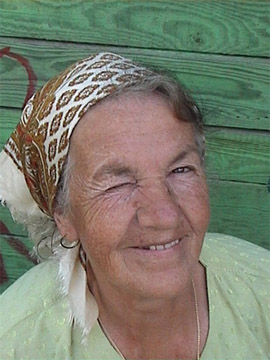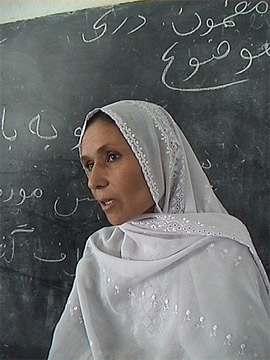
In an office set away from the large NGOs and government buildings of downtown Washington, D.C., a group of committed advocates are working to empower human rights activists around the world.
Since establishing itself as a charity in 2001, the Advocacy Project (AP) has been working for social justice and raising awareness on critical human rights issues. It first made its mark when it was hired to write the online newsletter for the NGO Coalition for an International Criminal Court (CICC) at the Rome Conference in 1998. The newsletter, entitled On the Record provided critical coverage for activists around the world pressing for an international court of justice.
Ten years on, the Advocacy Project now works in partnership with over 45 networks and organizations on five continents.
